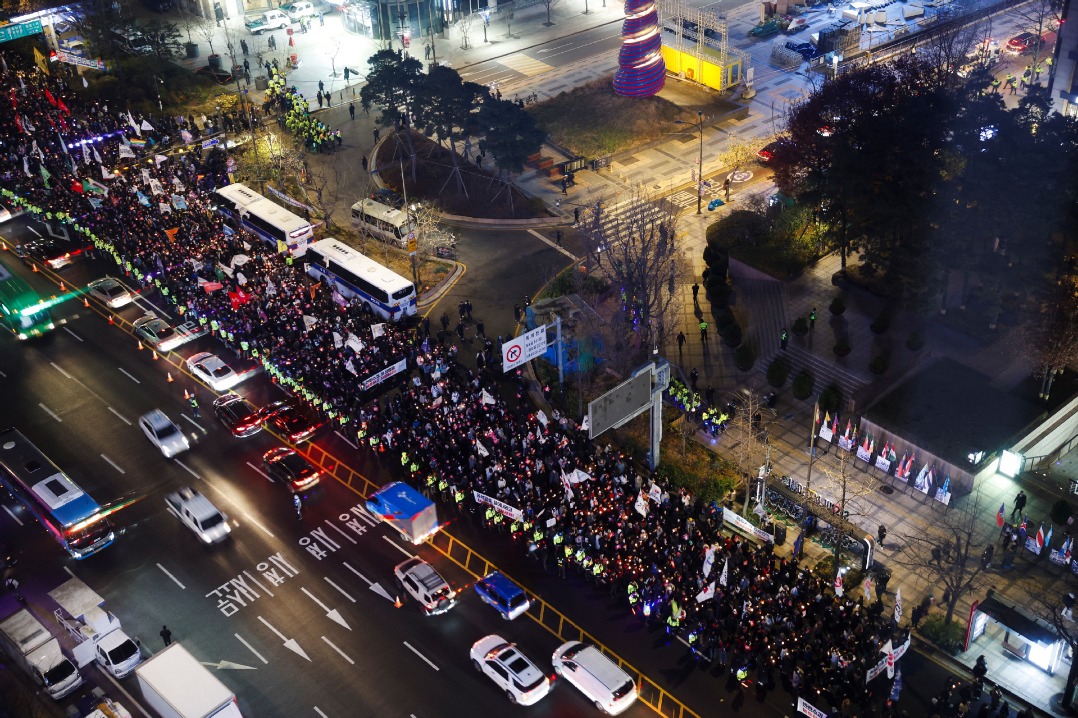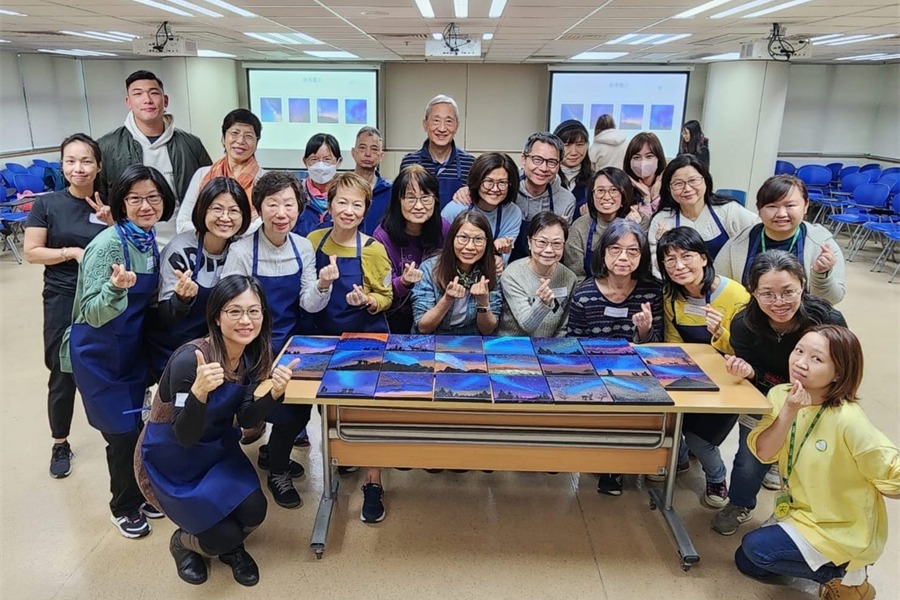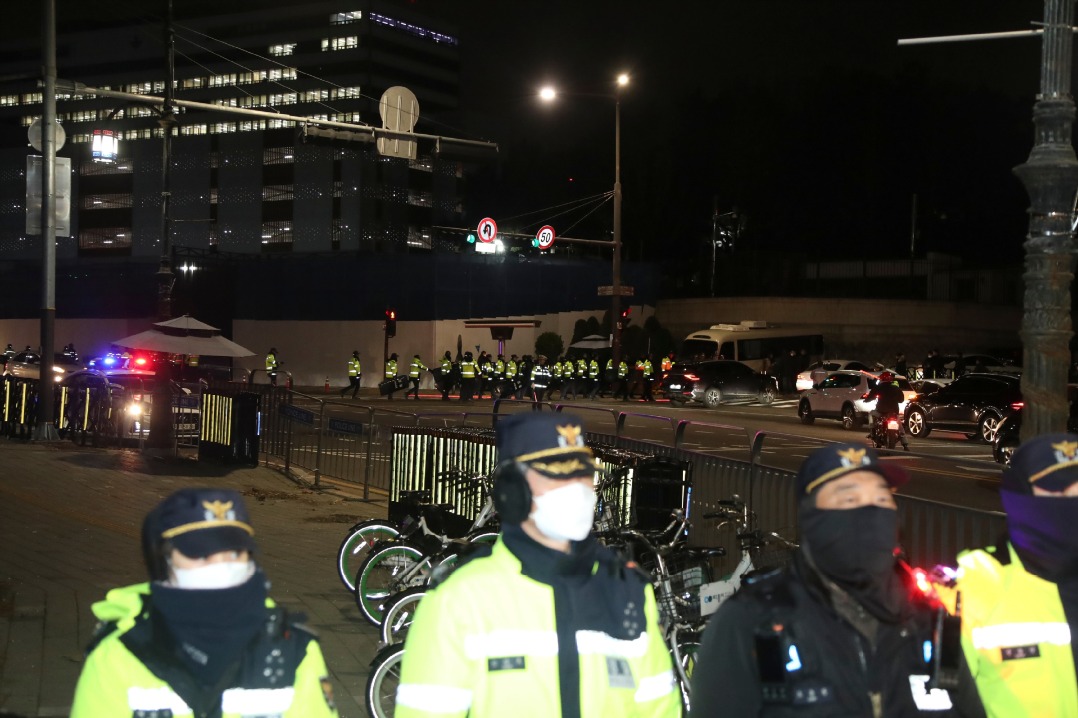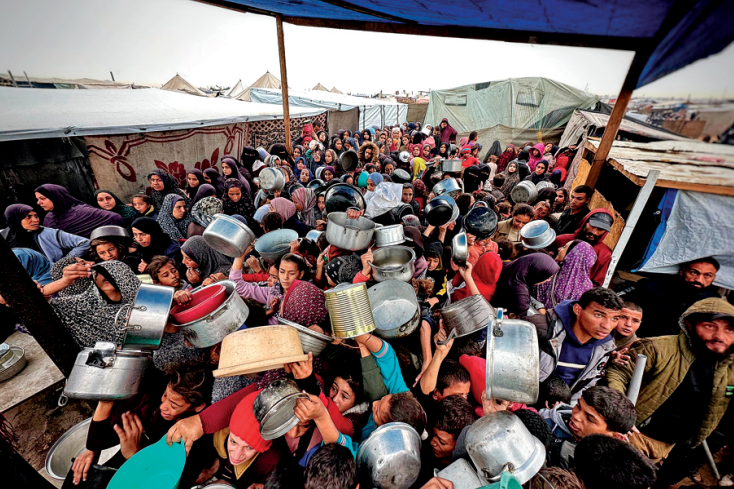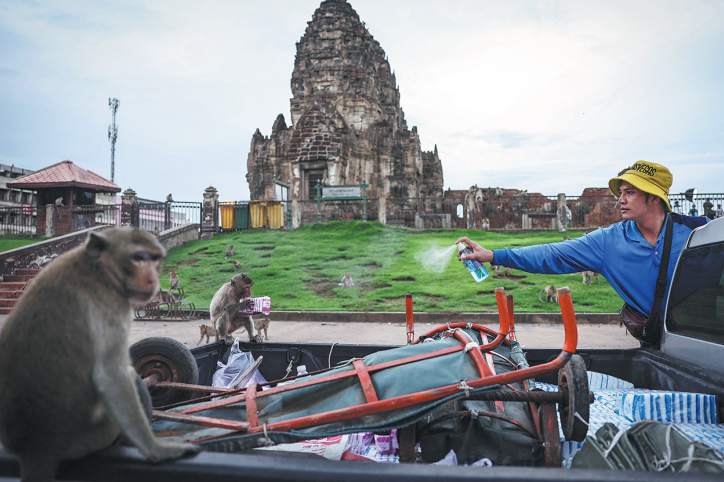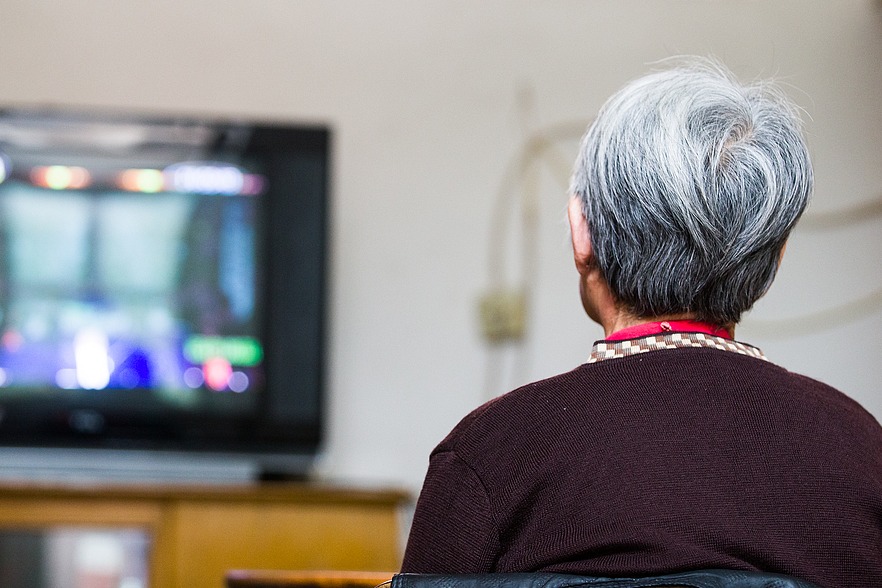Foreign ministers of regional powers look ahead to Iran meeting on Syria
By REN QI in Moscow | China Daily | Updated: 2020-04-24 10:19
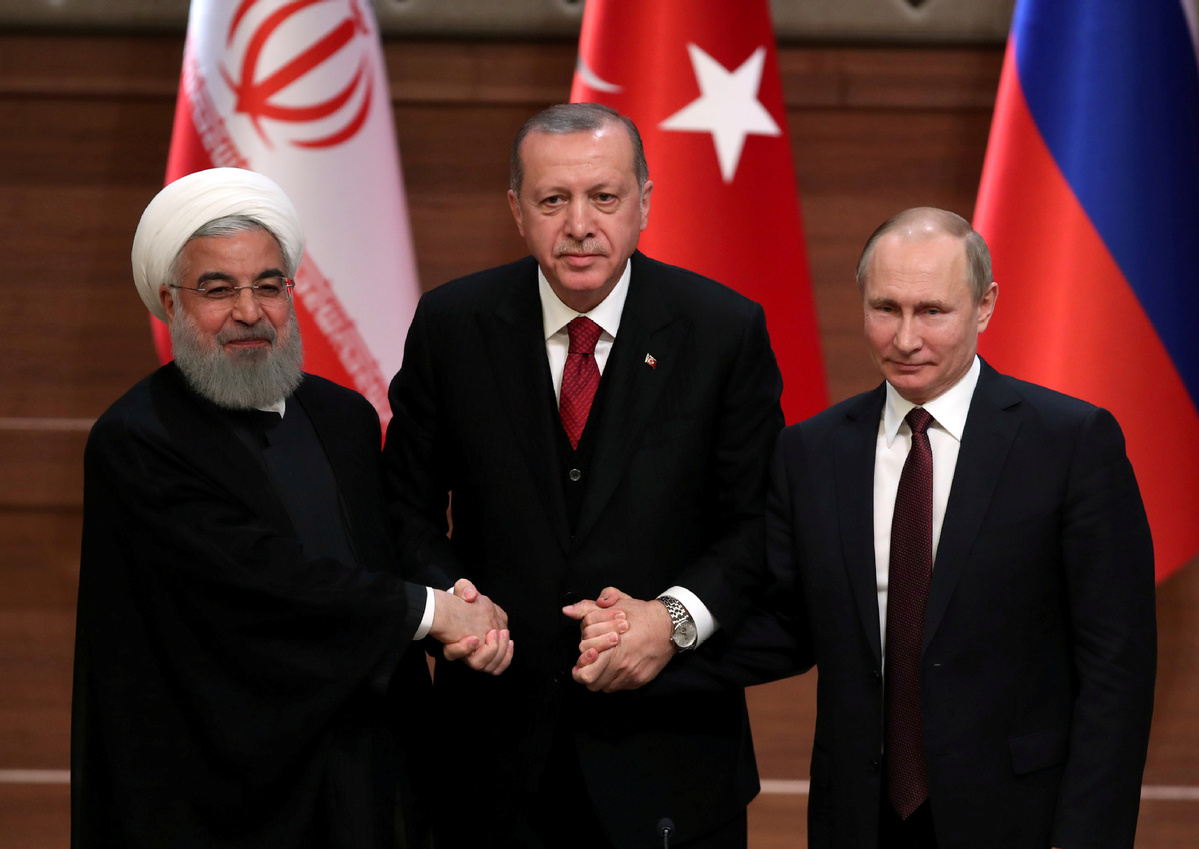
Russia, Turkey and Iran have confirmed plans to hold another round of talks on the Syrian conflict following a video conference that brought together their foreign ministers, the Iranian Foreign Ministry said on Wednesday.
The next round of discussions would be hosted by Iran and take place under the so-called Astana format, which saw four de-escalation zones established in Syria, including in the northwestern province of Idlib, the ministry said.
The decision to proceed with a meeting in Iran was announced in a statement after the video conference among the foreign ministers: Sergey Lavrov of Russia, Mevlut Cavusoglu of Turkey and Javad Zarif of Iran.
According to the Iranian Foreign Ministry, the three ministers highlighted the need to continue consultations and coordination at the highest level among the three countries, stressing that the Astana process is the most effective way of ironing out the Syrian crisis.
The process toward a peaceful settlement of the Syria conflict-known in diplomatic circles as the Astana format process-began in January 2017 when representatives of Russia, Iran and Turkey met in the Kazakh capital Astana, which has been renamed Nur-Sultan. The last round of negotiations between the three regional powers under the Astana format took place in Nur-Sultan on Dec 10-11.
Unilateral sanctions
During the video meeting, the ministers discussed developments in Syria and the region, including in Idlib, and matters concerning Syria's Constitutional Committee and the need for unilateral sanctions to be removed. The latter point was highlighted in the face of the coronavirus outbreak. The ministers also covered humanitarian issues, including the return of displaced people.
The top diplomats agreed on the need for parties to respect Syria's independence, national sovereignty and territorial integrity as part of efforts to resolve the Syrian crisis politically while delineating between terrorist forces and the opposition in the fight against terrorism.
Zarif, who recently visited Syria to meet with Syrian President Bashar al-Assad and Syrian officials, touched on the recent developments in Idlib during the three-way meeting. He also stressed the need for Syria's territorial integrity to be respected and for the battle against terrorism to be maintained.
Pointing to his recent consultations with the United Nations Special Envoy for Syria, Geir Pedersen, Zarif voiced support for his efforts to facilitate a dialogue between Damascus and rebels within the framework of the Constitutional Committee. He stressed the need for the committee's independence to be protected and to prevent foreign interference in the process.
Russia and Turkey, which back rival groups in the Syrian conflict, agreed on a cease-fire in the de-escalation zone in Idlib last month.
Russian President Vladimir Putin called his Turkish counterpart Recep Tayyip Erdogan on Tuesday, and pledged to continue their substantive exchange of views on Syrian issues.





